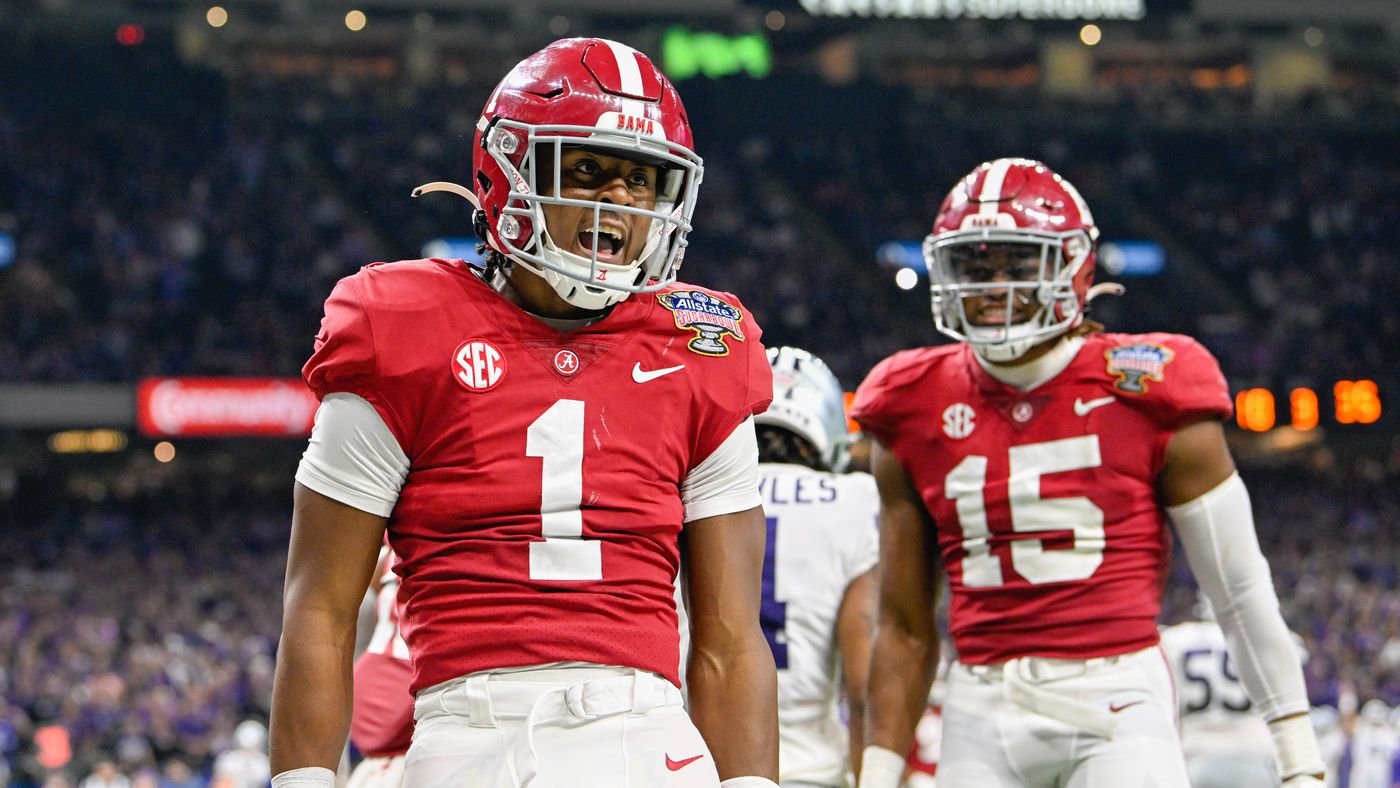The Bama Effect: What Schools are doing to help student athletes secure NIL deals
Written by: Jonathan Merlin
Ever since NIL deals were legalized by the Supreme Court in the summer of 2021, schools around the country have tried to leverage NIL into helping them recruit student-athletes.
This summer, Alabama opened their Advantage Center, the first and largest facility dedicated to helping student-athletes maximize their Name, Image and Likeness. With the help of Learfield, a collegiate sports marketing firm, the Advantage Center is a one-stop shop for Alabama student-athletes to secure NIL deals and learn how to manage and maximize their brand. With Learfield providing all the staffing and expertise, Alabama student-athletes are able to work with and learn from some of the best sports marketers in the country.
While this is great for Alabama and their student-athletes, what does it mean for the rest of college football?
College recruiting is an arms race. It used to be that the schools with the best facilities and amenities won the top recruits. Now, with NIL weighing ever more importantly in the minds of young student-athletes, schools will have to invest in their NIL programs in an attempt to stay competitive.
As usual, Alabama just set the standard. Now everyone else is playing from behind. That’s the Bama Effect.
With Alabama putting the world on notice, the other powerhouse schools are starting to fight back. Back in April of this year, UGA announced plans for their own in-house NIL facility through their partnership with Altius Sports. Just like the Alabama facility, UGA plans to provide an all encompassing NIL experience for their student-athletes. As the UGA athletic director, Josh Brooks said, “it is crucial that we remain at the forefront of Name, Image and Likeness,” explaining the importance of keeping pace with Alabama in the NIL world.
Recently, Michigan partnered with Learfield, the same company Alabama partnered with, for their Advantage Center. While nothing has been announced yet, it can be assumed that Michigan is working on developing their own form of an in-house NIL facility.
However, some schools are opting for a different route. Duke partnered with INFLCR, a Teamworks product, to launch the Blue Devil Exchange. The new INFLCR software allows businesses to search a database of Duke student-athletes and contact those with whom they want to partner with. Furthermore, the software helps student-athletes learn about the NIL world and how to best prepare themselves to manage their brand after school.
While these resources are certainly helpful, schools can’t, and will never be able to represent student-athletes. And, even with the benefit of all of these resources, contract and marketing negotiations are always challenging and something not fit for a student-athlete to tackle alone.
An example of this happened just last year to University of Miami Quarterback Kyle Van Dyke. The QB had a $1 Million NIL deal with Jimmy Johns that fell through at the last minute due to contract negotiation issues. The need for a professional advisor to guide a student athlete through these relatively uncharted waters leaves a void in the market that agencies like MK Hustle can effectively fill.
